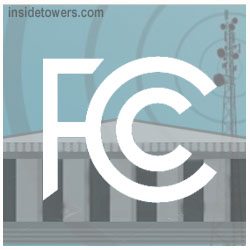The FCC adopted rules last week to help ensure people who call 911 from multi-line telephone systems—which typically serve hotels, office buildings, and campuses—can reach 911 and be quickly located by first responders.
The Commission took action to implement a law passed by Congress that requires multi-line telephone systems to enable users to dial 911 directly, without having to dial a prefix (such as a “9”) to reach an outside line. Vendors must preconfigure these systems to support direct dialing of 911. Kari’s Law also requires multi-line telephone systems to provide notification, such as to a front desk or security office, when a 911 call is made in order to facilitate building entry by first responders.
A portion of a law passed by Congress requires the Commission to consider adopting rules to ensure that “dispatchable location” information, such as the street address, floor level, and room number of a 911 caller, is conveyed with those calls, regardless of the technology platform used, so that first responders can be quickly dispatched to the caller’s location. The new rules apply dispatchable location requirements to multi-line telephone systems, fixed telephone service, interconnected Voice over Internet Protocol services, Telecommunications Relay Services, and mobile texting services. Mobile wireless services are already required to provide either dispatchable or coordinate-based location information with 911 calls.
The Report and Order establishes a phased timetable for implementation. Fixed services will have one year, and non-fixed services will have two years from the effective date of the rules to meet the location requirements adopted in the order.
The law was named after Kari Hunt, who was murdered in a Texas hotel room in December 2013 by her estranged husband. During the murder, Hunt’s 9-year-old daughter Brianna tried calling 911 four times but didn’t know that the hotel required a prefix to be dialed to get an outside line. None of the calls were received by a public-safety answering point (PSAP). Kari’s father, Hank Hunt, worked to get the bill written and passed in his daughter’s memory. President Trump signed it into law in February of 2018.
August 6, 2019





Reader Interactions